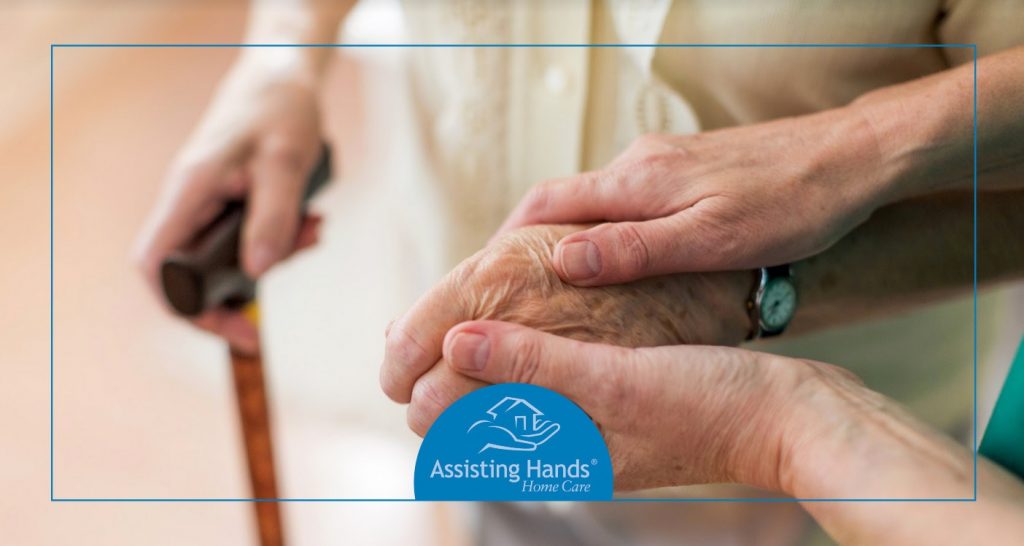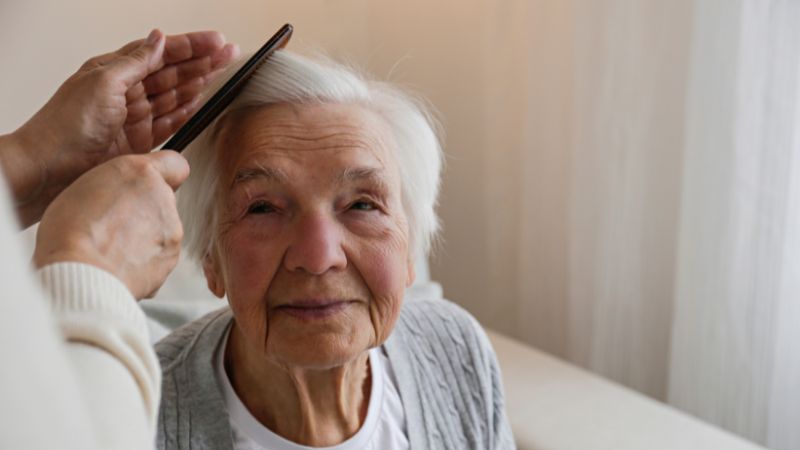
Anemia can develop as people grow older. Causes of anemia in seniors may be due to dietary deficiencies or chronic illness; some causes of the condition remain unexplained. Despite the prevalence of anemia in the elderly, it is not an inevitable outcome of aging.
What is anemia?
Seniors diagnosed with anemia lack a sufficient amount of red blood cells to carry enough oxygen to the body’s tissues. Anemia may also be referred to as low hemoglobin. The condition may be temporary or chronic and range from mild to severe.
Anemia comes in many different forms, and each has its own underlying cause. In fact, in many seniors, anemia has more than one cause. Different types of anemia include iron deficiency anemia, vitamin deficiency anemia, sickle cell anemia, thalassemia, and aplastic anemia.
Symptoms of anemia also differ according to the severity of the disease and its cause. Some seniors even experience no symptoms. If symptoms occur, they may include fatigue, weakness, shortness of breath, chest pain, lightheadedness, cold hands and feet, headaches, and irregular heartbeats.
What are the causes of anemia?
Seniors may develop iron deficiency anemia as a result of blood loss, deficiencies in vitamins and minerals, taking certain medications, or poor absorption. Red blood cells transport oxygen throughout the body, and iron is a key contributor to the production of red blood cells.
Without sufficient amounts of iron, older adults are unable to produce enough healthy red blood cells to meet the needs of their bodies. While food supplies iron to the body, sometimes the aging body is unable to utilize iron correctly. The consequence of inadequate iron is iron-deficiency anemia.
- Poor Diet
A nutrient-rich diet gives the aging body essential resources. A diet low in iron fails to give the body the nutrients it needs to replenish healthy red blood cells. Seniors who follow a vegan diet or those who do not consciously eat iron-rich foods are at risk for anemia.
While a senior can consume an iron-rich diet, lacking other important vitamins can still lead to anemia. Vitamins that are necessary for red blood cell production include vitamin B12 and vitamin B9, also called folate. Deficiencies in these vitamins can affect iron absorption.
Vitamin B12 deficiency increases with age, especially among older women and seniors who suffer from autoimmune thyroid disease. A poor nutritional diet, certain medicines, and diseases that impact absorption from the gut are risk factors for anemia in older adults.
- Chronic Diseases
Cancers, such as non-Hodgkin’s lymphoma or chronic lymphocytic leukemia, destroy red blood cells. When anemia results from red blood cell destruction, it is called hemolytic anemia. This type of anemia may also be caused by medications, infections, or immune system diseases, like lupus.
Anemia may also result from chronic inflammation, which is caused by infections, like Helicobacter pylori; complications from H. pylori can cause anemia. Inflammation may also be caused by arthritis, tissue damage, or tumors—all of which prevent bone marrow from functioning optimally.
Other diseases that can cause anemia in seniors include ulcers, liver disease, kidney disease, and conditions that affect the intestines or stomach. These chronic conditions cause severe problems in the body and affect the production or usage of red blood cells.
Gastrointestinal disorders, such as Crohn’s disease, ulcerative colitis, and irritable bowel syndrome, can affect how successfully the body uses iron. If the body cannot use iron correctly, even a high dose of iron will not balance the iron levels. These health issues can cause iron deficiency anemia.
- Internal or External Bleeding
A senior who bleeds externally may lose enough healthy red blood cells to cause anemia. Examples of external bleeding include cuts and scrapes. Seniors’ skin is generally thinner, which makes it more susceptible to cuts. In aging people, these injuries take longer to heal.
The number of healthy blood cells in an older adult may also be reduced when internal bleeding occurs. Ulcers or problems in the stomach or intestine can thereby lead to iron-deficiency anemia. A trauma or injury can also cause hidden internal bleeding and blood loss may occur.
- Medications
Some medications that affect digestive absorption may also make it more difficult for the senior’s body to process iron and important B vitamins. Drugs, like those used in chemotherapy, can have an adverse effect on bone marrow, which produces healthy red blood cells.
People over age 65 have a greater risk for developing anemia. While many types of anemia cannot be prevented, seniors can avoid iron-deficiency anemia and vitamin-deficiency anemias by consuming a healthy diet that includes iron-rich foods, folate, vitamin B12, and vitamin C.

Preventing diseases, like anemia, and promoting overall health in seniors starts with excellent care at home. Seniors must eat nutritiously, exercise, and see a doctor when feeling symptoms of illness. Assisting Hands Home Care provides these invaluable services to elderly care recipients.
Our home care agency has earned a reputation for delivering quality senior care. Professional caregivers arrive at the senior’s home to provide support with the activities of daily living. We help seniors with personal hygiene tasks, offer medication reminders, provide transportation, and perform light housekeeping.
Meal preparation by caregivers ensures that seniors eat balanced meals and remain at a healthy, desirable weight. We shop for groceries, including foods rich in vitamin B12 and vitamin C. Our efforts keep seniors physically healthy and help reduce their risk of developing conditions, like anemia.
We also offer flexible care options. Experienced caregivers are available for respite care, 24-hour care, live-in care, post-surgical care, and Alzheimer’s care. The ideal care plan will be developed upon assessing care needs, and our care plans can be adjusted as care needs change.
When you seek reliable home care from a trusted home care agency, choose Assisting Hands Home Care.














